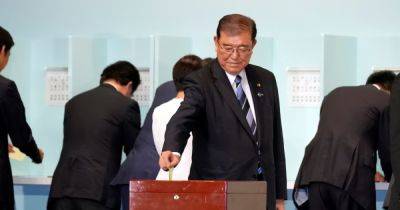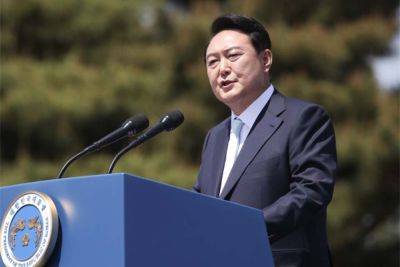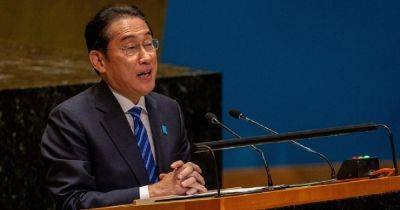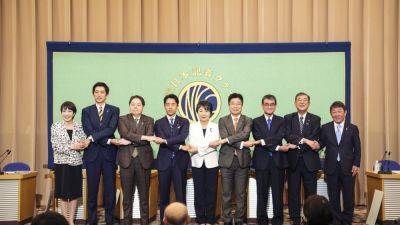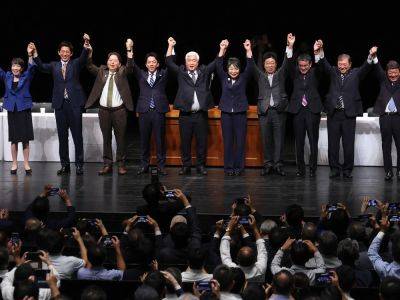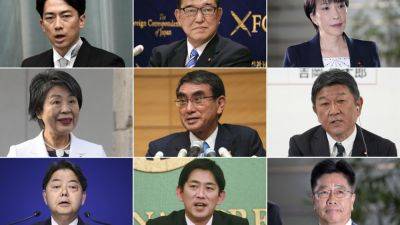Japan leadership scramble a risk for Korea relations
The visit by Japanese Prime Minister Fumio Kishida to South Korea earlier this month created a few ripples. No major announcements were made and the two leaders pledged to continue efforts to bolster ties.
In South Korea, the opposition Democratic Party issued a somewhat ritual denunciation of the Yoon Suk-yeol government for “undermining national interest with a subservient diplomacy toward Japan.”
Why, then, did this visit take place? Most analysts pointed to Kishida’s desire to cement his legacy following his decision not to run for re-election as president of the ruling conservative Liberal Democratic Party (LDP). Kishida’s decision to step aside created an unprecedentedly crowded race to select a new party leader who would become prime minister.
Nine candidates are competing for the vote on September 27, which includes a first round of votes among registered party members, followed by a runoff between the top two finishers—only LDP members in the legislative National Diet participate, along with one vote from each of the 47 prefectural chapters.
Looking closely at the intense contest, there is another explanation for the Seoul summit. Kishida may be genuinely concerned about the durability of the progress he made in Korea-Japan relations.
The absence of South Korea
The LDP race has been naturally focused on domestic issues, from the problem of political corruption and reform to broad macroeconomic policy. Foreign and security policies have been, at most, secondary issues in the policy platforms of the candidates and in the primary debates.
But even acknowledging the domestic focus, it is notable that there is no mention of South Korea or the importance of Kishida’s efforts to improve bilateral relations in any


